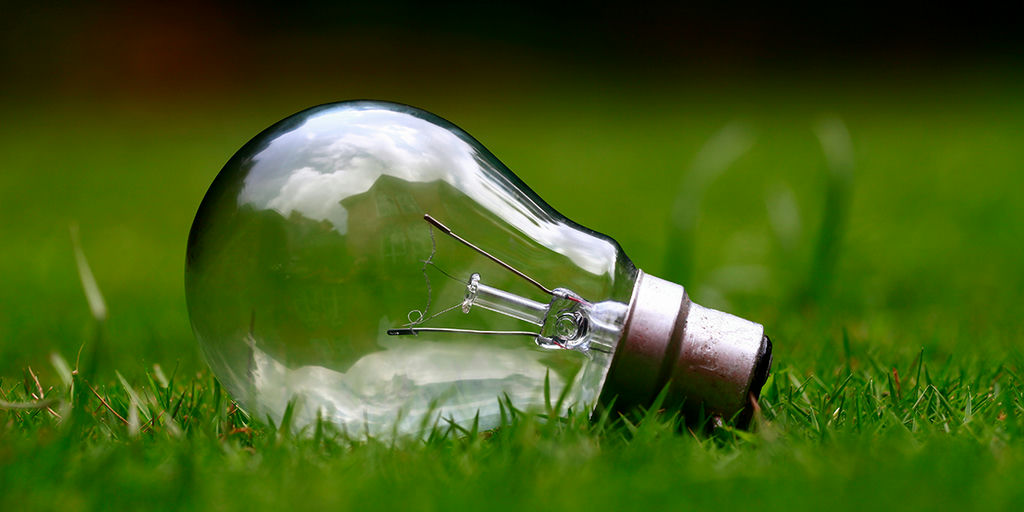Greener Self-Care: Clean Up Your Routine with EWG

(Image Source: Noah Buscher/Unsplash)
Imagine standing in the bathroom looking at a bottle of body wash or tube of toothpaste. It’s easy to think of these objects as neutral, but they play a role in the well-being of our planet. The Environmental Working Group (EWG), a U.S.-based nonprofit organization, has been on a mission since 1993 to help people make smarter, greener choices. EWG’s databases have become trusted tools for those seeking healthier options for themselves and the natural world.
EWG Databases: Safety Ratings for Self-Care
EWG has created several tools that empower people to make informed, sustainable decisions:
One of the most popular is the Skin Deep® Database. This resource gives an ingredient safety rating to personal care products such as soap, shampoo, sunscreen, and makeup. The beauty and personal care industry commonly uses petrochemicals—ingredients derived from oil and methane. Petrochemicals used in personal care products don’t vanish after use; they end up in our water, soil, and ecosystems.
Endocrine-disrupting chemicals (EDCs) are also found in many commodities including personal care items. These substances interfere with hormones and can lead to serious long-term health issues for humans and wildlife. When EDCs enter waterways, they disrupt aquatic habitats causing problems for fish and other animals, while potentially degrading human water supply. Goods that contain petrochemicals or EDCs pollute throughout their entire lifecycle. Swapping them for safer alternatives can make a big difference for public and planetary health.
The Dirty Dozen™ list showcases fruits and vegetables that tend to carry the highest levels of pesticide residues. Choosing organic options for these items reduces exposure to harmful additives and supports more sustainable farming practices. In addition to avoiding synthetic fertilizers and pesticides, regenerative farming does not till the soil, which means they do not release stored carbon. Regenerative farming also means planting more diverse crops. This contributes to robust ecosystems that are better equipped to handle the challenges of climate change.
If you’ve ever wondered what’s really in your tap water, the EWG Tap Water Database offers some eye-opening insights. This tool uncovers potential tap water contaminants often linked to industrial and agricultural activities. With this knowledge people can protect themselves from harmful substances and advocate for stronger water system protections by writing to representatives, commenting on proposed regulations, and voting for politicians that prioritize protecting water. Reducing runoff from substances like pesticides and fertilizers helps prevent harmful algal blooms that deplete oxygen in water and contribute to greenhouse gasses.
The Healthy Cleaning Database sheds light on the hidden dangers of conventional household cleaners. Many contain oil-based agents that pollute the air inside homes and contribute to environmental contamination. When consumers choose safer, greener alternatives they push manufacturers toward using more sustainable ingredients, ultimately cutting down on fossil fuel reliance.
The Ripple Effect of Choosing EWG-Certified Items
By exploring EWG’s guides and databases, anyone can check the safety ratings of produce or products before bringing them home. When something raises concerns, a less toxic, greener alternative is often a click away. EWG also features a certification program known as EWG VERIFIED™, which identifies goods that are free from harmful chemicals and meet the highest standards for transparency.
Packages displaying the mark of EWG verification use only the safest ingredients. Brands that take the time to obtain verification for their merchandise often rethink other areas of their production process, as well. Some are switching to biodegradable, compostable, or refillable containers, which help reduce plastic waste and lower carbon emissions. Others are creating products that are reusable. Soap and shampoo makers reduce waste by offering bars instead of liquids.
Unfortunately, some businesses manipulate marketing to greenwash their products so consumers believe purchasing them aligns with safety and sustainability. Searching for a product in one of the EWG databases cuts through deception of this nature.
By supporting climate-forward brands, consumers collectively influence demand in the market. Imagine the collective impact if every household started choosing safer products that help the environment; those small actions add up over time to become large cultural movements.
Tackling Climate Change at its Roots
Chemical-heavy industries and agricultural practices harm humans and contribute to climate change by polluting the environment and releasing greenhouse gasses. Companies that embrace non-toxic, sustainably sourced ingredients, and low-impact manufacturing are making a difference. Supporting these businesses leads to fewer emissions and a cleaner environment for everyone.
Each individual choice, no matter how small, has the potential to inspire others. Especially when combined with pushing our politicians for stronger regulations and laws to limit pollution. Together, those choices drive change across entire industries. By tapping into EWG’s resources and making informed decisions, it’s possible to transform everyday routines into powerful tools for a safer, healthier world.

